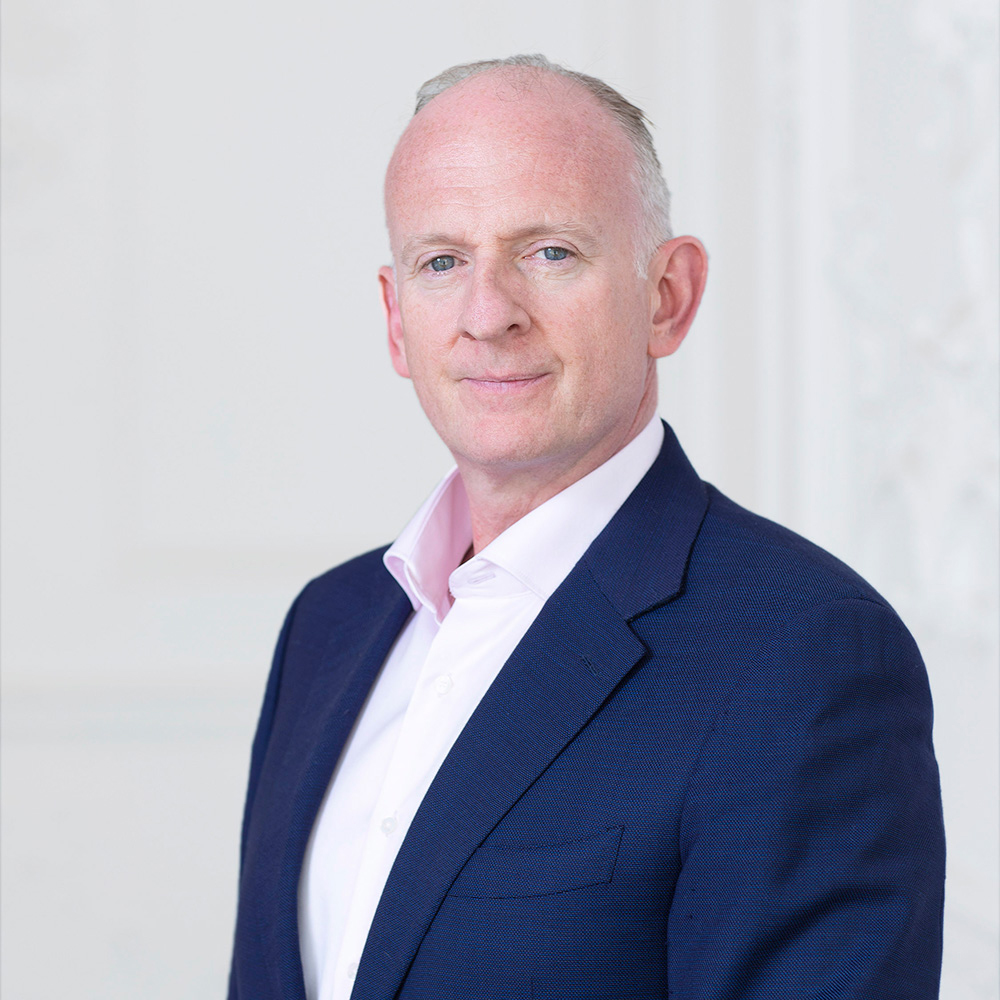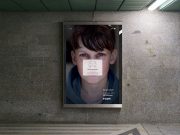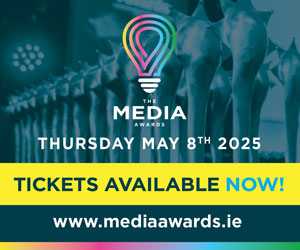 Luke Reaper, CEO of Ipsos B&A examines some of the key findings from the latest TechScape report which was carried by the research firm.
Luke Reaper, CEO of Ipsos B&A examines some of the key findings from the latest TechScape report which was carried by the research firm.
Ireland’s enduring fascination with technology is hardly a surprise, given the prominent presence of tech giants like Meta, Google, Microsoft, and TikTok. These companies are drawn to Ireland’s unique position as the last English-speaking EU member.
The 2024 Ipsos B&A TechScape report provides a comprehensive picture of the Irish population’s relationship with technology. The report primarily uses face-to-face research to gauge overall trends, delving deeper into AI trends online.
While the number of devices per household is increasing, albeit at a slower pace among younger generations, internet usage is expanding in the 65+ age group. ‘Better’ smart TVs (76%), wearables (37%), e-readers (24%), and connected homes (39%) are the trending devices, with on average 9 connected devices at home(12 for teen family households).
However, a digital divide persists, with middle-class cohorts having greater access to technology than their blue-collar counterparts. This disparity is mirrored in the working-from-home trend, primarily a middle-class, Dublin-centric phenomenon. Similar to the challenges faced in promoting sustainability and addressing climate change, which are often perceived as middle-class issues, we must be mindful of those with limited access to technology. This access is crucial for education, essential services, and overall participation in the modern workforce.
The Irish population is rapidly embracing new financial technologies, particularly younger generations with half (48%) now using digital finance providers (e.g. Revolut, N26, Monzo etc.), with a similar proportion using contactless payment via mobiles.
Similarly, how we consume content is evolving, with streaming and podcasts gaining significant traction. Nowadays, 73% watch Netflix, 37% watch Amazon Prime, while 40% listen to Podcasts.
Also in play is the Irish ‘Dodgy box’, with 37% admitting to owning one. However, traditional media like television and radio remain relevant, demonstrating a fragmented media landscape, especially among younger demographics, making them more challenging to target and understand.
This fragmented landscape is driven by the evolving ways people interact and their changing needs. For example, people, especially Gen Z, are increasingly avoiding ‘company speak’ and seeking an unvarnished reality. This has led to the rise of platforms like TikTok, which caters to this desire for virtual authenticity.
Within this context, the Irish perspective on AI’s role in the future is intriguing. Compared to the global sentiment, Ireland exhibits more apprehension and less trust, particularly regarding data security and the potential impact on future employment. There’s a notable level of concern about AI’s implications, with fears surrounding its potential to hinder student learning in educational institutions. Two in three (67%) are nervous about products and services that use AI, compared to 40% who say AI makes them excited. In addition, Ireland is the only country where people are more likely to trust people to discriminate less than AI.
Regulation emerges as a recurring theme in discussions about AI in Ireland. Given the country’s technology-driven landscape, this keen interest in AI developments is unsurprising. However, it’s essential to maintain a balanced perspective on AI beyond the media hype, considering that only 16% of the population currently utilizes tools like ChatGPT, primarily driven by specific demographics such as middle-class Dubliners, Gen Z, and Millennials.
The key takeaway from the report emphasizes the need to move beyond surface-level statistics and develop a deeper understanding of people’s relationships with technology. This includes how they interact with and consume technology, and its impact on their consumption of products and services. The report underscores the importance of going beyond simply presenting numbers and extracting valuable insights for government entities, organizations, and citizens alike. In essence, it advocates for a more profound understanding: “Be Sure, by Delving Deeper.”
Luke Reaper is CEO (Ireland) Ipsos B&A




















